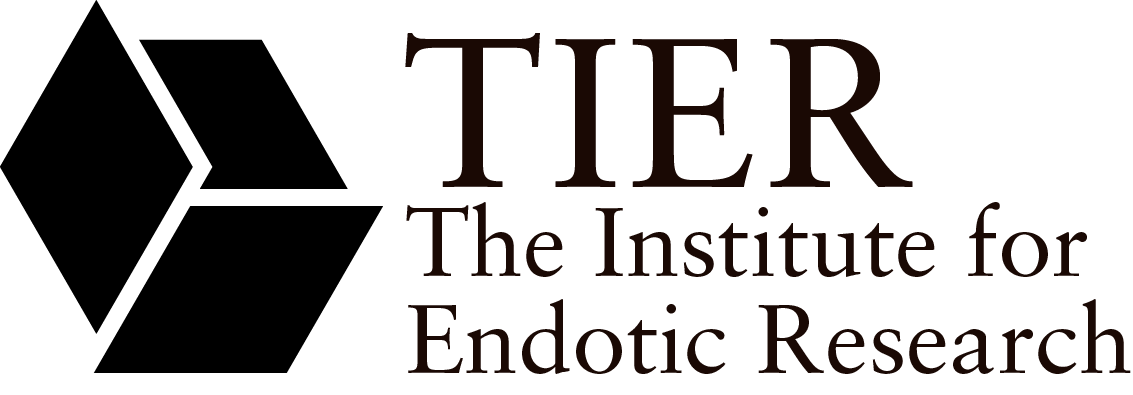 February 22nd at 19:00.TIER: Notes on Bureaucracy with The Imaginary School Program (Beirut).
February 22nd at 19:00.TIER: Notes on Bureaucracy with The Imaginary School Program (Beirut).
The encounter will unfold as an informal discussion about possible strategies to adopt for future independent pedagogical projects in Berlin. The story of The Imaginary School Program will act as a starting point for debate, taking Beirut’s project in Cairo as a model for a situated pedagogical practice. After a short presentation of the ISP, each invited participant will give an introduction to its own practice, or experience in relation to education.
The aim is to address what Berlin is missing in terms of educational programs within the art field. Questions will include: what kind of (educational) situations would be relevant to generate in Berlin – a city already saturated with cultural offers of all kinds? or what are the pitfalls of multi-disciplinareity?
About the ISP
The Imaginary School Program was an eight-month practice-based theory program running from October 2014 to May 2015, initiated by Beirut. The curriculum focused on institutions and forms of organizing (including collectives, non-movements, informal groups, etc.) in Cairo, and comprised a series of workshops, lectures, fieldtrips, reading groups, and other hybrid activities. The program created a space for reflection and critical thinking on radical institution-building and examined how we understand institutions and their political potential. In this way, ISP functioned as a kind of institutional clinic by closely scrutinizing a select number of existing organizations, placing emphasis on different ways of learning, organizing and sharing knowledge.
The ISP was a project by Beirut, directed by Antonia Alampi with the assistance of Lotta Shaefer and the counseling of Farida Makar, and its curriculum was curated by Amr Abdelrahman, Jasmina Metwaly, and Beirut.
TIER: Notes on Bureaucracy looks at how reality is modulated by legal constructs. One of the first membranes that regulate social relationships is made of bureaucracy. The way that institutions organize life has been discussed since the very roots of the constructions of modern states. Harun Farocki has compared the edition of a movie with the construction of laws, recalling the writing of Kafka. If a movie composed its reality though montage, in the reality, bureaucracy composes life though a montage of documents. Understanding the complexities that compose our quotidian through the production of reality that every bureau does, one can imagine the possibilities of changing reality as well.
Guests should RSVP to theinstituteforendoticresearch@gmail.com
